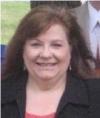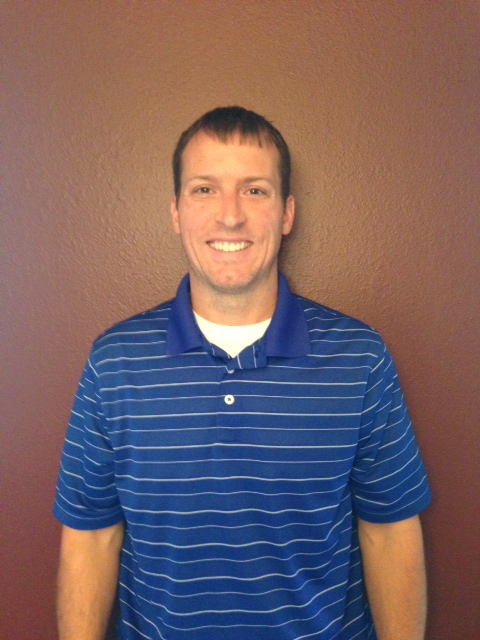Mary E. McCabe
Biographical background:
Graduate of Willmar High School. Obtained a bachelor’s degree in psychology and French and a master’s degree in school psychology from the University of Wisconsin-River Falls. Obtained a sixth-year certificate in educational administration and leadership from St. Cloud State University with educational licenses as a professional administrator for K-12 and director of special education. Member of Minnesota Administrators for Special Education and the National Association of School Psychologists. Employed since 1987 by Benton-Stearns Education District, serving area schools in the field of special education, previously as a school psychologist and currently as a special-education coordinator.
Why would you be a good school board member?
As a member of the current school board, my reasons for hoping to be re-elected in this election include a strong belief in community involvement, the opportunity to make use of my education and training, and a life-long commitment to learning and education. I would like to continue to support and participate in the mission of the school district in meeting the educational needs of children ages 0-21. As a member of the school board, I would like to continue to serve the community and apply the knowledge and experience I have gained during the past eight years.
In which ways do you think the Sartell-St. Stephen District could be improved?
The district must maintain, support and expand the high quality of teaching and educational programming we offer our staff and students. The district is recognized for high-quality instruction and academic achievement, and we must continue creating and sustaining educational environments that ensure all students achieve to their level of excellence. The board has begun an initiative focusing on improvement of all district facilities to make sure our learning environments are safe, healthy, efficient and technologically advanced. The district has benefitted from fiscally sound leadership that maximizes our budget and supports building and district goals as well as allows us to consider new and innovative programs and curriculums from preschool through college and career readiness.
There is a constant tug-of-war about school testing. Do they count or don’t they? How much credence should we ascribe to so many tests? Do they truly help improve education or do they cause more stress and misguided focus than they are worth?
The old saying, “What gets measured, gets improved” supports the practice of school testing resulting in school improvement and greater student achievement. However, testing is best done in moderation, and it would be unusual for educators to only look at test scores as the sole determiner of a student’s strengths, weaknesses, proficiency and needs. State testing is only one of the tools educators use in addition to curriculum-based measures, observation, work samples and more. I believe the heavy focus on testing in the past decade has resulted in greater accountability for schools and has improved our ability to more accurately assess the effectiveness of our curriculum and instruction. Assessment of student performance, using a wide variety of measures, provides educators the opportunity to provide high-quality, targeted instruction that ensures all students achieve to their optimum level of potential. Assessment of student performance also provides parents the assurance we are providing their child the best education possible.
Horrific examples of bullying continue to make local and national news. Have you closely examined the district’s policy about bullying? What would you change, if anything, in that policy?
As a member of the school board’s policy committee, I’ve had the opportunity on several occasions to examine, review and revise our district’s policy on bullying. The Bullying Prohibition Policy is comprehensive in its definition of bullying, remedial responses to incidences of bullying, reporting procedures, as well as the requirements for school-district action in response to bullying. In addition, the policy clearly outlines the district’s responsibility for training and education of staff and personnel with a strong focus on providing on-going professional development as well as providing annual education and information to students about bullying. The goal is to implement violence-prevention and character-development programs with the hope of preventing and reducing bullying behavior.
Do you think sports are overemphasized or underemphasized in this school district? Do you think the district spends too much – or too little – on sports activities?
I don’t believe extracurricular activities are under or over-emphasized in our district. The Sartell-St. Stephen School District offers a wide range of both school- and community-based sports and recreational activities for people of all ages. I recognize the benefits of a healthy and active lifestyle in combination with setting appropriate academic goals. Participation in extracurricular activities provides another opportunity for student growth, keeping in mind our district’s mission of developing “well-rounded citizens” whether that is through art, sports, music, theatre or other extracurricular activities. The cost of our district’s extracurricular programs is appropriate and has the fantastic support of booster clubs.
McCabe





